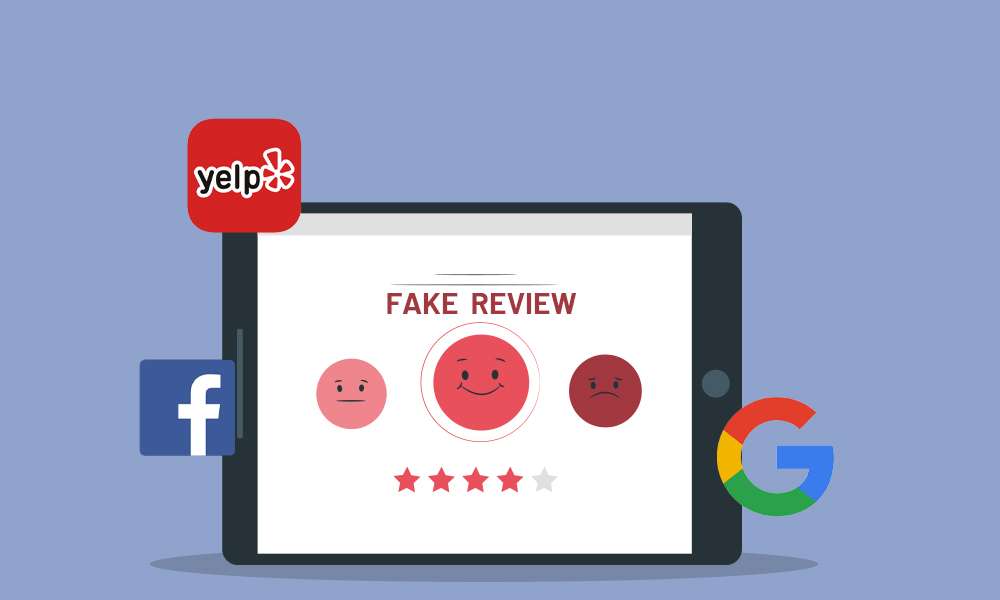Yelp, a popular online platform for reviews and ratings, plays a crucial role in the success of many businesses. Positive reviews can attract new customers and build a strong reputation. However, the platform is also vulnerable to spam comments, which can significantly damage a business’s image and bottom line. Understanding the nature of these spam comments and how to combat them is essential for business owners looking to thrive in today’s digital landscape. This article will explore the different types of spam comments, the negative impact they have, and strategies to protect your business from their harmful effects.
Understanding the Problem of Yelp Spam
Spam comments on Yelp are essentially fake or misleading reviews intended to manipulate a business’s overall rating. They can take various forms, from completely fabricated positive reviews written by the business itself or paid reviewers, to negative reviews posted by competitors or disgruntled individuals.
Types of Spam Comments
Identifying the different types of spam comments helps businesses understand the problem and formulate strategies to address it effectively. Here’s a breakdown:
- Fake Positive Reviews: These are often written by the business itself or purchased from review farms. They lack genuine details and often use generic language.
- Fake Negative Reviews: Posted by competitors or disgruntled individuals, these reviews aim to tarnish a business’s reputation with false accusations and exaggerated claims.
- Irrelevant Reviews: These comments discuss topics unrelated to the business, such as political opinions or personal grievances, skewing the overall perception.
- Automated Spam: Generated by bots, these reviews are often nonsensical or repetitive and aim to promote unrelated products or services.
The Damaging Impact of Spam on Businesses
The presence of spam on Yelp can have severe consequences for businesses. The most immediate impact is a loss of credibility and trust among potential customers. People rely on reviews to make informed decisions, and if those reviews are perceived as fake or misleading, they are less likely to patronize the business.
Financial and Reputational Damage
Here’s a table summarizing the key negative impacts:
| Impact Area | Description |
|---|---|
| Decreased Sales | Negative reviews, even if fake, can deter potential customers and lead to a decline in revenue. |
| Damaged Reputation | Spam erodes trust and credibility, making it harder to attract new customers and retain existing ones. |
| Increased Marketing Costs | Combating the negative impact of spam requires investing in reputation management and marketing efforts. |
| Lost Opportunities | A negative online presence can hinder a business’s ability to attract investors, partners, and talented employees. |
Strategies for Combating Yelp Spam
While completely eliminating spam may be impossible, businesses can take proactive steps to minimize its impact and protect their online reputation. A multi-faceted approach is often the most effective.
Protecting Your Business
One crucial strategy is to actively monitor Yelp for suspicious activity. This involves regularly checking your business page for new reviews and flagging any that appear to be fake, irrelevant, or violate Yelp’s terms of service.
- Monitor Your Yelp Page Regularly: Check for new reviews and flag suspicious activity promptly.
- Respond Professionally to All Reviews: Acknowledge both positive and negative feedback, demonstrating that you value customer opinions.
- Encourage Genuine Reviews: Ask satisfied customers to share their experiences on Yelp.
- Report Spam to Yelp: Utilize Yelp’s reporting tools to flag spam reviews and request their removal.
- Build a Strong Online Presence: Maintain an active presence on other social media platforms to diversify your online reputation.
FAQ: Addressing Common Concerns About Yelp Spam
Many business owners have questions about how to deal with spam on Yelp. Here are some common concerns and their answers:
- Q: How do I know if a review is fake?
- A: Look for generic language, lack of specific details, overly positive or negative sentiments, and inconsistencies with your business’s offerings. Check the reviewer’s profile for suspicious activity.
- Q: How long does it take for Yelp to remove a spam review?
- A: The time frame can vary. It depends on the volume of reports and the complexity of the case. Yelp reviews each report on a case-by-case basis.
- Q: Can I sue someone for posting a fake review?
- A: While it’s possible, it’s often difficult and costly to prove that a review is both false and intentionally damaging. Consult with an attorney to explore your legal options.
Spam comments on Yelp represent a significant challenge for businesses. They can damage reputations, decrease sales, and erode trust. However, by understanding the nature of spam, proactively monitoring their online presence, and implementing effective strategies to combat it, businesses can protect themselves from its harmful effects. It is important to be vigilant, responsive, and persistent in addressing spam to maintain a positive online reputation. Remember that building a strong relationship with your customers and providing excellent service is the best defense against negative and misleading reviews. Ultimately, a commitment to authenticity and transparency will help your business thrive in the competitive online marketplace.


